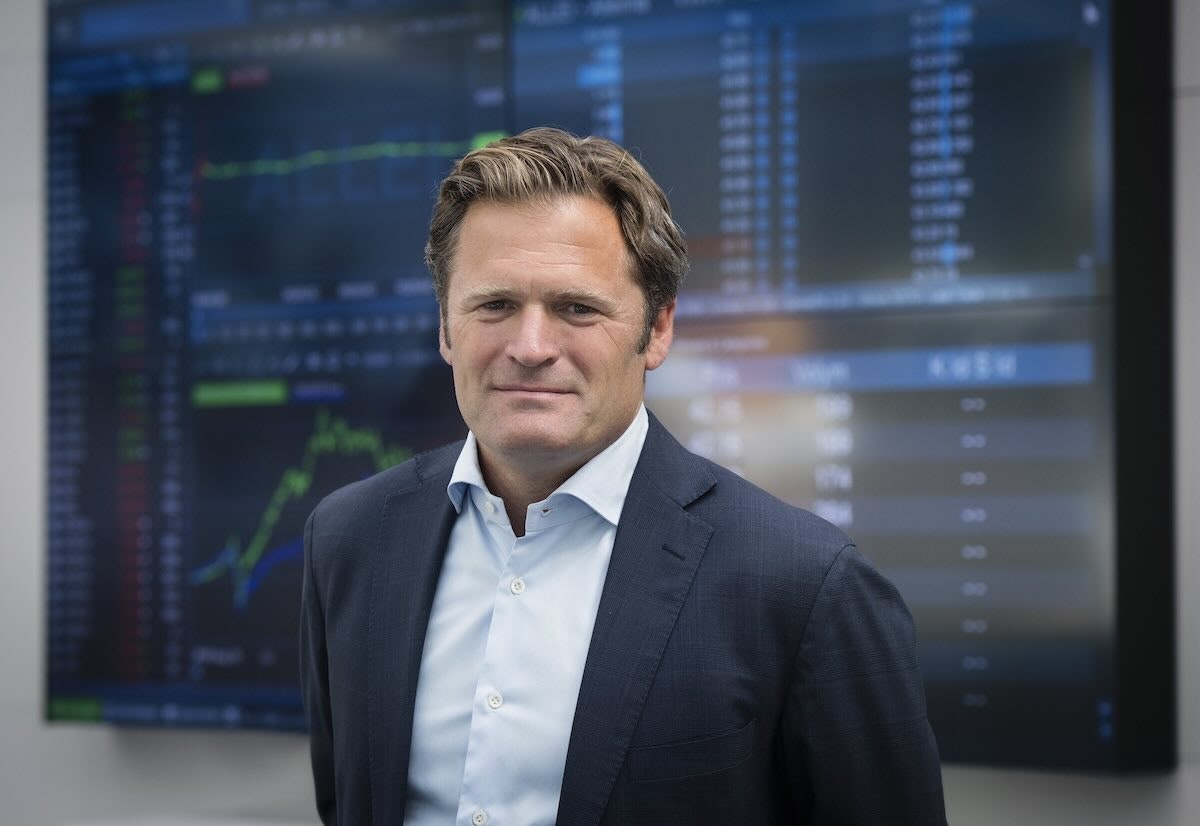It's not been a great start for Lanistar, a hyped new London fintech which once proclaimed big ambitions to become Europe's next billion-euro company.
The UK financial regulator this week accused the company of offering unauthorised financial services, even warning that it could be a scam.
Founded by young entrepreneur Gurhan Kiziloz, Lanistar has been the subject of several glowing media profiles and launched a 3000-person influencer campaign this week, claiming to be the “world’s most secure card."
But the UK Financial Conduct Authority intervened, saying: “We believe this firm has been providing financial services or products in the UK without our authorisation.... This firm is not authorised by us and is targeting people."
It continued: “Almost all firms and individuals offering, promoting or selling financial services or products in the UK have to be authorised by us. However, some firms act without our authorisation and some knowingly run investment scams."
Several hours later, Lanistar responded to the FCA in a statement saying that they are not yet offering financial services and were in the process of contacting the regulators to get permission for their plans.
"Legal and regulatory compliance are central to Lanistar’s business and we confirm that we are not providing financial services or products without the FCA’s authorisation," said the statement.
"We have announced our intended future services and we will be partnering with firms that are authorised by the FCA to provide financial services or products. We are in the process of contacting the FCA to clarify the position and will be requesting that the Notice is removed.”
But despite these clarifications, it is still an inauspicious blow for a company that had done well at winning partners and media coverage. Press outlets like The Mirror reported on the fintech's plans this week, with some reporting that Lanistar was building up a team of 400 employees.
Over the summer Mastercard, the world's second-largest global payments processor, said it had entered a partnership with the company, crediting the company's “game-changing new debit card product."
At the time, Scott Abrahams, Mastercard’s senior vice-president of business development and fintech said: “The team has created a unique product through its polymorphic technology, and we look forward to seeing them launch later this year."
Kiziloz has also been full of bombastic claims about hypergrowth. In an interview with Forbes in May, CEO Kiziloz said he believed Lanistar would outpace other fintech players.
"Lanistar is not only planning to stand out, but step over all the other startups in the fintech industry. We have a never-seen-before debit card (cannot disclose at this moment)...We are tapping into an untouched market," he said at the time.
Kiziloz said the card would be good for millennial travellers like himself, enjoying flying out to Dubai or Mykonos on a Friday and returning on Monday for an 8am start.
But he apparently paid too little attention to regulators.
Jason Bates, one of the founders of digital bank Monzo, said on Twitter that he felt sorry for the Lanistar team. "With Visa, GPS, Jumio, and others they have the right partners (with licences to offer eMoney / prepaid cards)"
But he added that "they really didn’t get how FS [Financial Services] product launches are very different from non-regulated apps"
"The original Starling and Monzo landing pages probably had as much effort put into the footer (regulatory information and a clear description of what was being offered) as the rest of the page. You can’t just can’t bypass that," he said.
This story was updated to add comments from Lanistar.
Update: A few days after this story was published the FCA retracted their warning after Lanistar promised to make changes to its marketing.
Headline photo source: GURHAN KIZILOZ via Forbes



